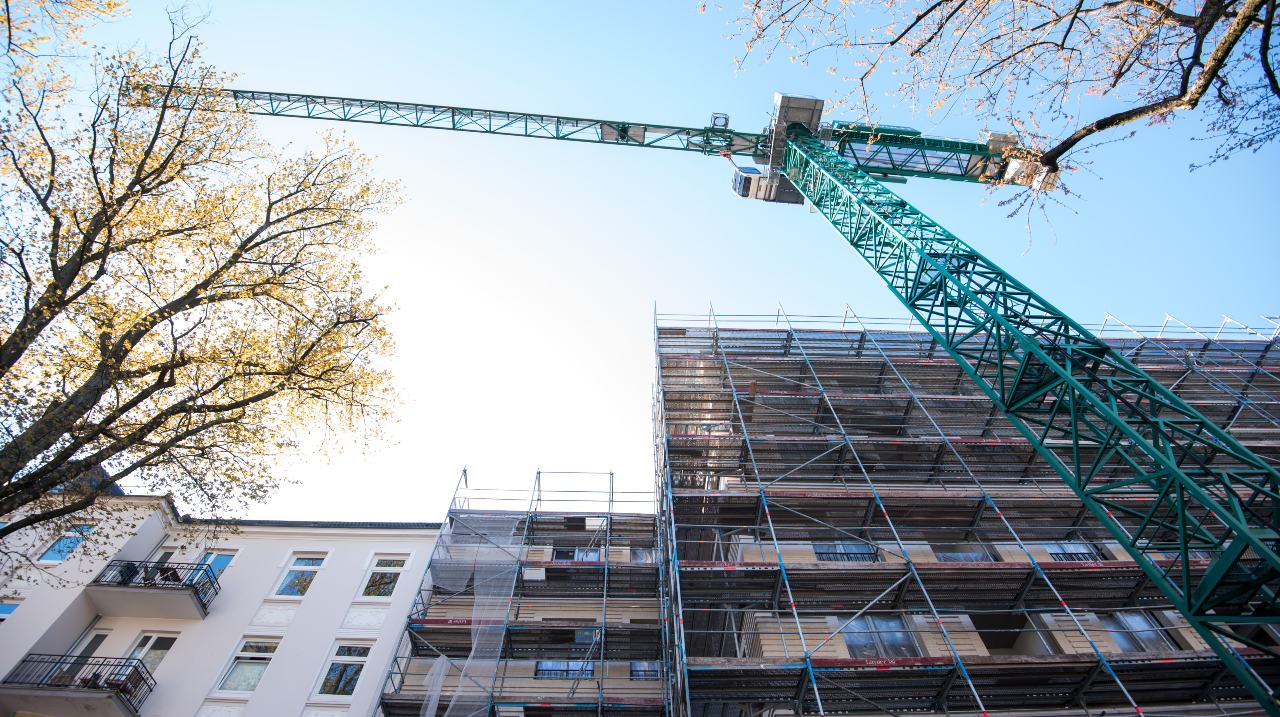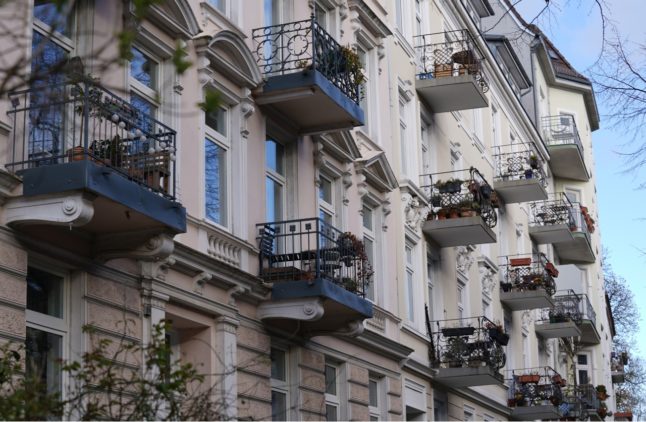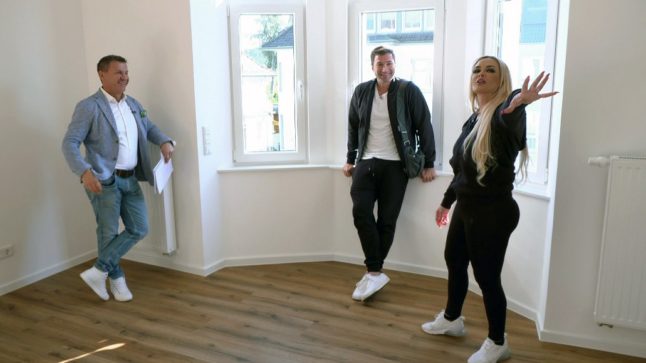As early as 2021, Deutsche Bank predicted that the boom cycle in the German real estate market would come to an end in the near future. The expiry date they gave: 2024. Half a pandemic and an energy crisis later, their analysis seems all but certain.
With Germany on the verge of sliding from a technical recession into a very real one in the fourth quarter, it seems only logical that the housing market will follow suit.
The biggest bust is currently unfolding in the construction sector. The Ifo Institute for Economic Research recently reported that the number of construction project cancellations hit a new high in October, with 22 percent of companies saying they had to scrap projects.
“It keeps on getting worse, and more and more projects are failing due to increased interest rates and rising construction costs,” says Klaus Wohlrabe, head of Ifo’s survey department.
READ ALSO: Where are property prices in Germany falling the fastest?
In response to skyrocketing inflation in the eurozone, the European Central Bank (ECB) raising its key interest rate from zero to 4.5 percent over the course of just a year.
These additional costs are weighing heavily on the sector, as many previously lucrative construction projects have become unprofitable. And with the German government falling far short of its goal of building 400,000 new homes in both 2022 and 2023, it’s renters who will feel the brunt of the crisis.
No time to rent, and none to buy
It’s easy to imagine what happens when cities like Berlin fail to provide enough new flats while the demand for affordable housing skyrockets. More than 99 percent of the city’s housing is already occupied, according to Wirtschaftswoche, leaving little room for manoeuvre.
In its market report, the German Association of Investment Real Estate (DAVE), a network of brokers, found that in the 25 cities it surveyed, base rents rose between five and 12 percent last year, largely due to excess demand and lower-than-expected supply. And with no signs of either easing, rents may continue to rise.
On paper, the opposite is true for home prices. After peaking in 2022, they have now fallen by more than ten percent. For 2024, a group of 14 experts surveyed quarterly by Reuters predicts a further decline of 2.8 percent on average, following an estimated 8 percent drop for 2023 as a whole.

The main culprit, once again, is the ECB’s interest rate hikes, which are ending an era of cheap mortgages.
“The new economic environment will make it impossible for more and more people to buy real estate,” says ING chief economist Carsten Brzeski. BayernLB analyst Sebastian Schnejdar explains the consequences: “Rising interest rates have pushed about half of all potential buyers out of the real estate market.”
READ ALSO: EXPLAINED: Why renting is still cheaper than buying in Germany
This is in line with data published by DAVE, according to which real estate sales in Germany in the first half of 2023 were halved to just under €15 billion – the lowest level since 2012. Schnejdar adds that there has been a significant increase in fixed costs for heating, electricity and municipal fees, all of which would have increased costs for homeowners.
Prospects are bleak, but not all are doomed
While there are few signs that the real estate sector or the German economy as a whole will improve in the near future, not all analysts are casting a long shadow over the coming year.
Both DAVE and the real estate lobby group IVD believe a market recovery is possible within 2024.
Guido Stracke, managing director of the DAVE broker network, sees the market in a “consolidation phase” that would allow a recovery to begin as early as the beginning of 2024 due to slowing inflation and a normalisation of prices for construction materials.
But with the Federal Statistical Office reporting in October that almost all material prices were well above pre-crisis levels in the first half of 2023, such an optimistic outlook seems doubtful.
IVD also believes that the German real estate market will recover in time, but not before the fourth quarter of next year. “All in all, actual market developments and the outlook for the real estate market are better than the current investment climate,” says IVD President Dirk Wohltorf.
READ ALSO: Where are the cheapest and most expensive places to live in Germany?
Finally, the research institute Empirica does not expect the much-feared real estate bubble to burst in 2024. Instead, as Empirica chairman Reiner Braun explains to Tagesschau, a “lock-in effect” will set in: tenants will be deterred from signing new contracts at much higher rents and rents for new tenants will rise much more steeply, leading to an even worse allocation of already-scarce living space.



 Please whitelist us to continue reading.
Please whitelist us to continue reading.
Member comments